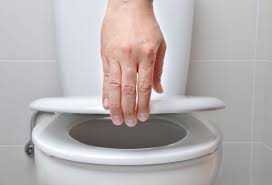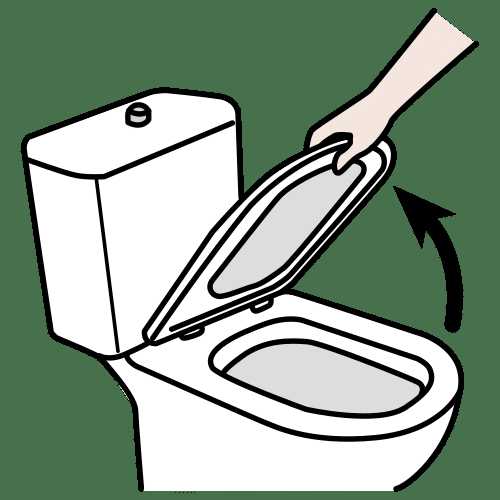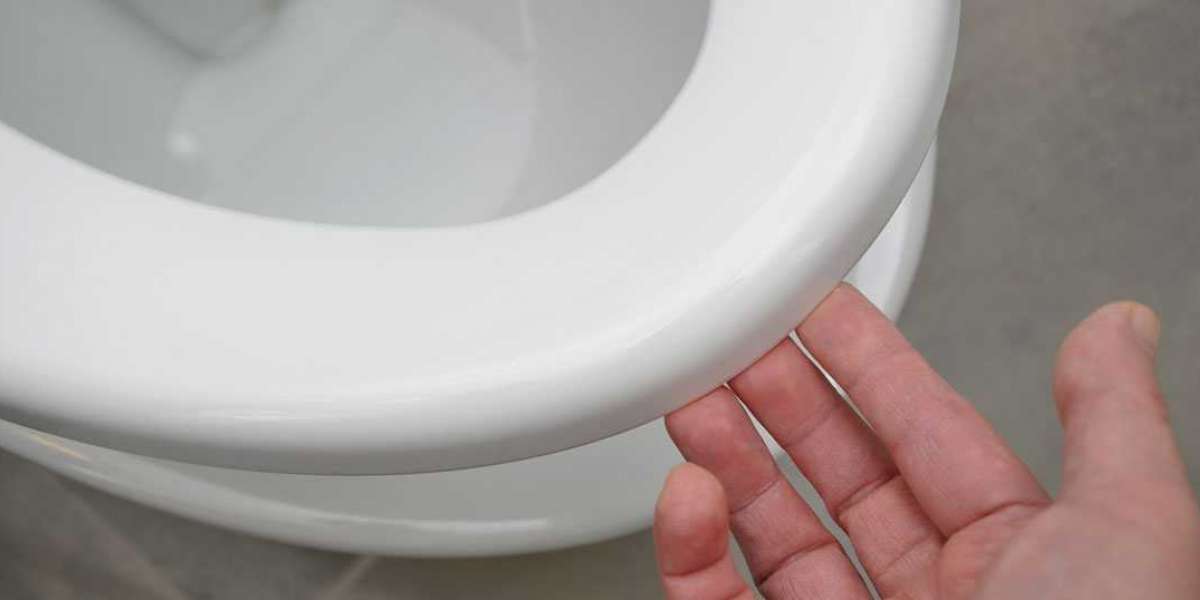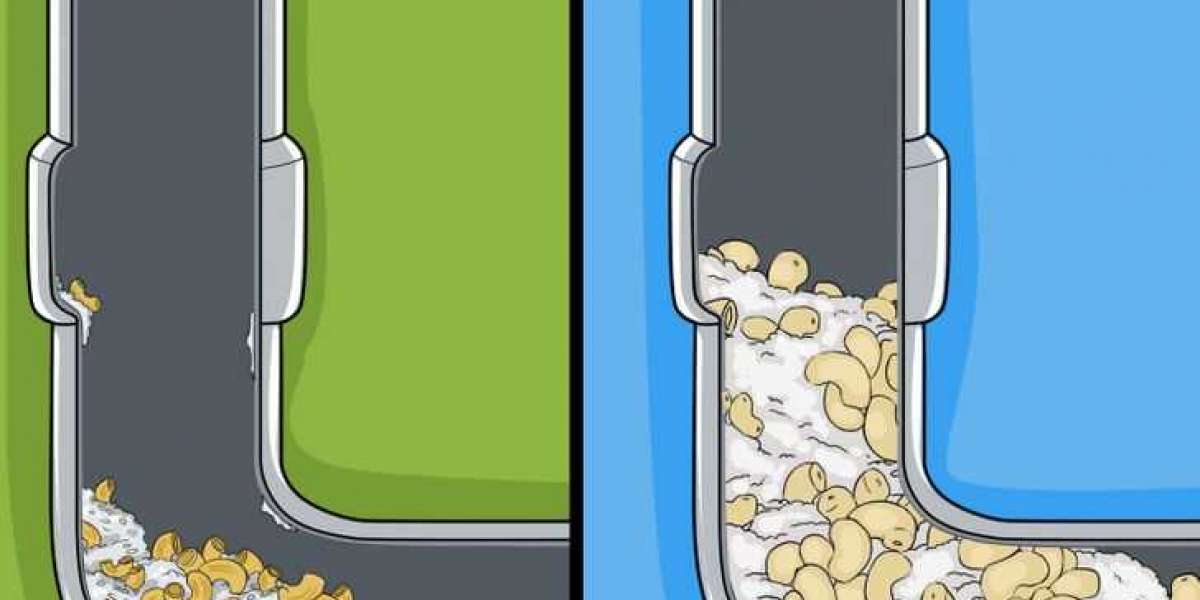Flushing the toilet with the lid up creates a cloud of spray that can be breathed in and may spread infection, such as coronavirus, say researchers.
Chinese scientists calculate that flushing can propel a plume of spray up and out of the toilet bowl, reaching head height and beyond.
Droplets can travel up to 3ft - or 91cm - from ground level, according to the computer model used by the scientists from Yangzhou University.
Shutting the lid would avoid this.

The work is published in the journal Physics of Fluids.
Coronavirus is spread through airborne droplets from coughs and sneezes, or objects that are contaminated with them.
People who are infected can also have traces of the virus in their feces, although it is not yet clear whether this might be another way to pass the disease on to others.
Scientists around the world are testing sewage and wastewater to determine how some people might have become infected with the coronavirus.
Other viruses can be spread by poor toilet hygiene, known as fecal-oral transmission.
As water pours into the toilet bowl during a flush, it strikes the side, creating turbulence and droplets. The droplets are so small they typically float in the air for more than a minute, according to study author Ji-Xiang Wang and colleagues from Yangzhou University, China. 
Dr Bryan Bzdek, from the Bristol Aerosol Research Centre at the University of Bristol, said although there was no clear evidence that coronavirus might spread in this way, it made sense to take precautions.
"The study authors suggest that, whenever possible, we should keep the toilet seat down when we flush, clean the toilet seat and any other contact areas frequently, and wash our hands after using the toilet.
"While this study is unable to demonstrate that these measures will reduce transmission of the SARS-CoV-2 virus, many other viruses are transmitted through the fecal-oral route, so these are good hygiene practices to have anyway."









